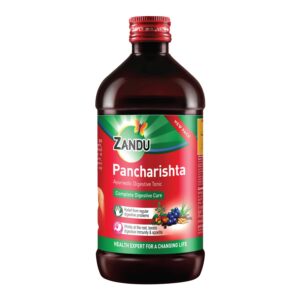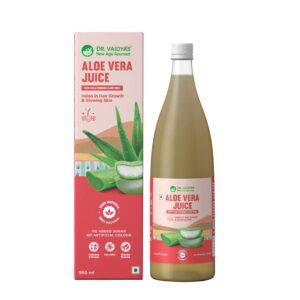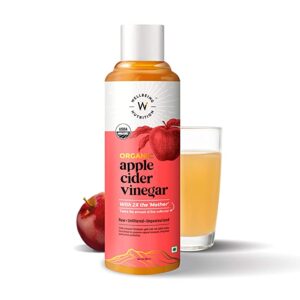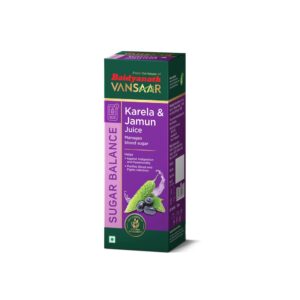Green tea is arguably one of the most famous superfoods out there, but how much do you know about what’s in your cup?
Green tea is made from the leaves of the Camellia sinesis plant, just like all other nonherbal teas. Unlike black and oolong (wulong) teas, though, green tea is less processed, as it’s made using steam-dry methods. The delicate processing techniques are thought to be among the reasons why green tea is so rich in nutrients and antioxidants — all of which may lead to a range of health benefits. In fact, according to the National Center for Complementary and Integrative Health (NCCIH), green tea has been used in Chinese and Japanese medicine practices for centuries.
While you’ve probably heard a lot of chatter about the benefits of green tea, the NCCIH points out that much of the evidence isn’t conclusive, and more studies are needed. New York City–based Megan Casper, RDN, owner of Megan Casper Nutrition, notes another key caveat: “Many studies of green tea use green tea extract, which can be much stronger than your average at-home brew.”
The Absolute Best Tea for Your Health
The potential health benefits of green tea can also vary based on the brand you choose, as well as the way you make it, says Casper. “Hot tea [may] have more antioxidants, since iced tea usually uses [fewer] tea bags and is watered down,” she says, but “tea that is cold-brewed over the course of a few hours has similar amounts of antioxidants as hot tea.” Decaffeinated brands of green tea may also not pack as many benefits because processing can take away the antioxidants.
Newer to the scene and also being talked up for its potential benefits is matcha green tea. Matcha is made from ground whole green tea leaves mixed with freshly boiled water. Casper says this preparation boosts this green tea’s antioxidant content, as well as its caffeine content.
Green Tea Packs a Nutritional Punch

In choosing green tea, you can feel good about what’s in your cup. Here’s a look at what’s inside:
- Caffeine, a type of alkaloid, which can have stimulating effects on the nervous system
- Amino acids, such as L-theanine, which may help increase mental focus
- Fluoride, a mineral that helps strengthen tooth enamel
Unlike other types of tea, green tea contains high levels of compounds called catechins. The most notable catechin is epigallocatechin-3-gallate (EGCG).
In terms of choosing a healthy green tea, New York City–based Natalie Rizzo, RD, offers a pro tip: “If you want the real thing, make sure the package says 100 percent green tea or opt for pure green tea leaves.”







Reviews
There are no reviews yet.